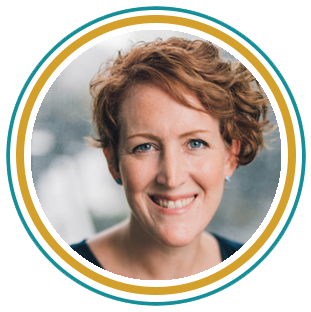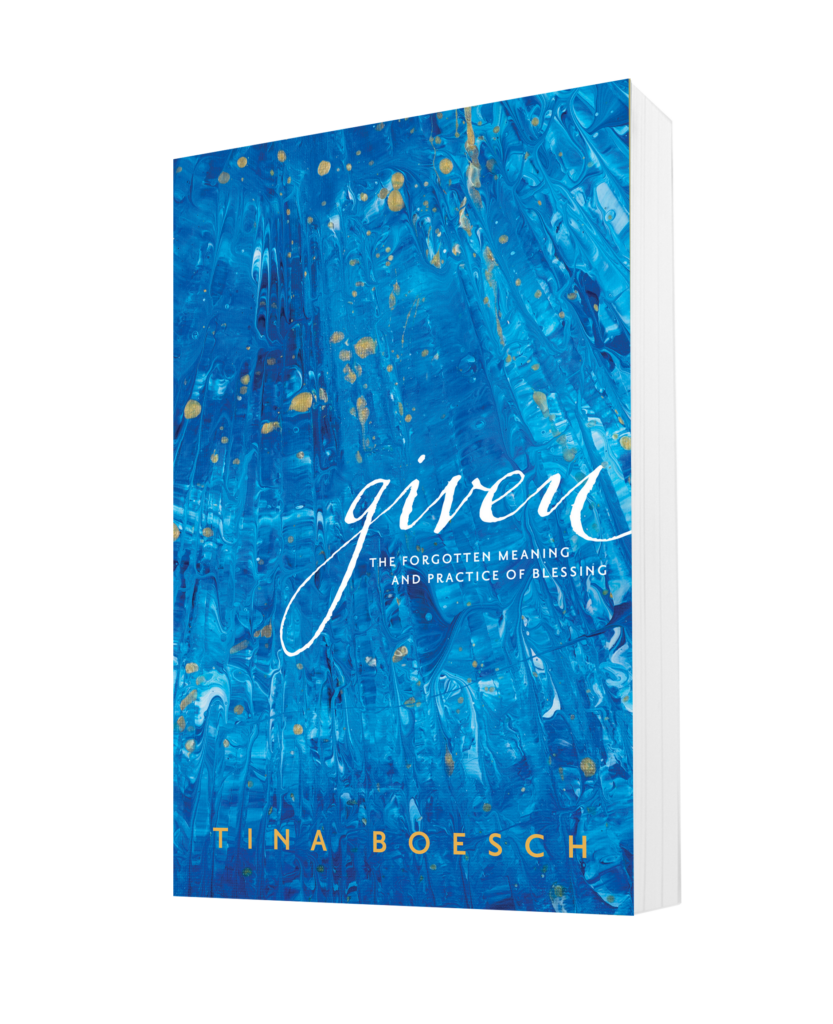I met Matthew[i] in Bulgaria, when I sat across from him at my friend Audrey’s kitchen table on a Sunday afternoon. Between us was a glass casserole dish filled with banitsa, a savory pastry stuffed with mild white cheese. Audrey was from Texas, so her version wasn’t exactly traditional—she added at least a half-dozen eggs and a generous helping of melted butter. As a result, the crust was a beautiful golden caramel color, crispy and irresistible. Matthew, a Sudanese refugee, loved her home-style cooking as much as I did.
Audrey’s husband James pastored an international church, and after Sunday service, they hosted lunch in their apartment for anyone who cared to come. This afternoon, I had shown up, along with a handful of other takers, including Matthew. It was easy to see that his life had been hard. One of his eyes was scarred, and he walked with a noticeable limp. I didn’t have the courage to ask about the origin of these wounds. Instead, we talked about my family and the bitter Bulgarian winters. An African who had never seen snow before, he was transplanted to the Balkans, and he couldn’t get used to the weather. Even after a couple of years, he hadn’t acclimated—he said he felt chilled most of the time.
A few months later, I watched from my perch in the balcony of a local Baptist church as Matthew, favoring his good leg, slowly climbed the steps to the pulpit. He was there to share the story I’d been too timid to ask about. He described an attack outside his family home when a group of soldiers stole his sister and shot his father. He cradled his dad in his arms while the life drained out of him. Then, the soldiers dragged Matthew away to prison. His limp was the result of permanent nerve damage caused by electroshock torture. They beat him so severely, they destroyed the vision in one of his eyes.
A priest who occasionally visited the facility where Matthew was being held helped him escape. He walked across the desert to the Mediterranean Sea, a perilous journey fueled mostly by rage and a commitment to one day kill the men who murdered his father. He applied for refugee status and was offered a place as a student in Bulgaria. There, he met a preacher who talked about Jesus and his teaching on loving your enemies—an idea that struck him as ridiculous and infuriating.
Matthew confronted James after a service in which James had preached about the Sermon on the Mount. He was convinced it was utterly impossible to love the men who executed his father, took his sister, and wrecked his body. He wanted vengeance, not forgiveness. But over months of conversation and study, Jesus’ message started to erode his hatred. Matthew chose to follow the way of the cross, fully understanding that that decision meant forgiving and loving the men who had taken everything from him.
Forgiveness, Matthew said, freed him from hatred. He had discovered a new reason for living—not vengeance, but mission. So, when his studies were over, he planned to return to the place of his deepest sorrow and find the men who killed his father to tell them about the love that had saved him, because he believed it had the power to save them too.
Only in the arena of grace could a man walk straight toward death with a message of life. Seeing this brand of love in action is arresting—it literally arrests the cycle of violence that tends to spiral out of control in the eye-for-an-eye, tooth-for-a-tooth economy.
Extending mercy to the merciless may seem nonsensical because it’s self-sacrificial, not self-protective, but that’s precisely what makes it supernatural. It’s not possible to love like this in our own power, only through the power of God’s Spirit alive in us. This love isn’t instinctual; it’s born of the supernatural presence of God in us. We don’t enter the arena of grace through our own strength, but only by humbling ourselves to the ground.
Sources
[i] My Sudanese refugee friend’s name has been changed to protect his privacy.




Indeed extending mercy to the merciless is super natural. Blessings